Color psychology: how color affects mood – an interior design masterclass
Fabric and wallpaper designer Vanessa Arbuthnott shares how color psychology can influence your interior design choices
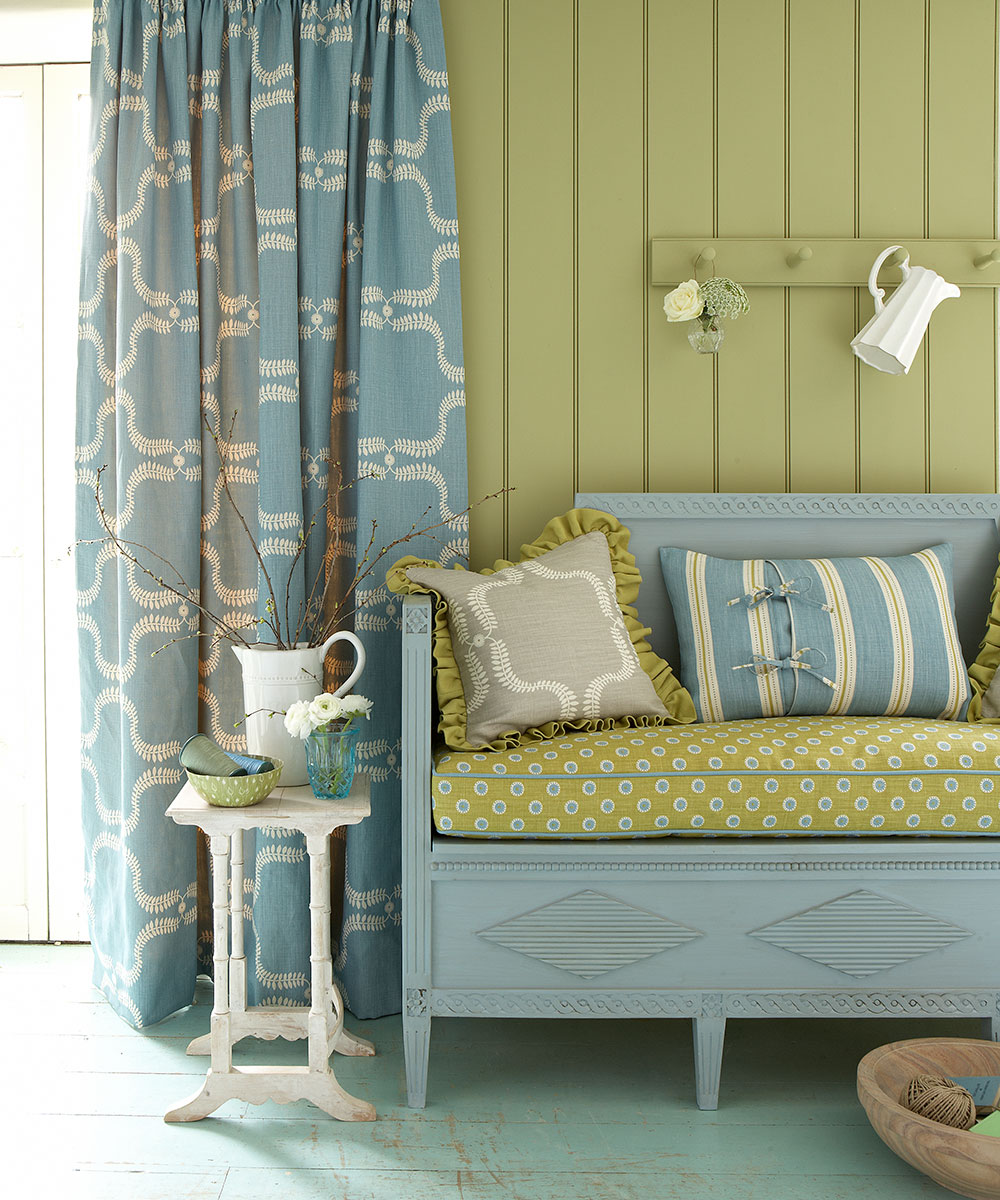
Color psychology is sometimes dismissed, but it has a massive impact on our mood and wellbeing – just as much as picking a tone to suit the room's orientation and light levels.
Choosing a color that positively enhances our moods can bring tangible rewards – a purposeful choice can make us feel motivated, fill us with confidence, calm us down and even help us concentrate better. With so much hanging on our color choices, it’s important to get it right when decorating a home.
Here, renowned fabric and wallpaper designer Vanessa Arbuthnott shares eight of the most popular colors from her collections, explains how they affect mood – and whichs rooms they work best in as a result.
See: The Color Wheel – H&G's complete guide on how to mix colors
Color psychology in interior design
These color psychology interior design tips are purely positive. Taking note of the mood you want the room to inspire and picking a tone that suits the room's light levels – generally, cooler tones for south- and west-facing rooms and warmer tones for east- and north-facing rooms will help you create a successful color scheme for every room.
Boost brainpower with blue
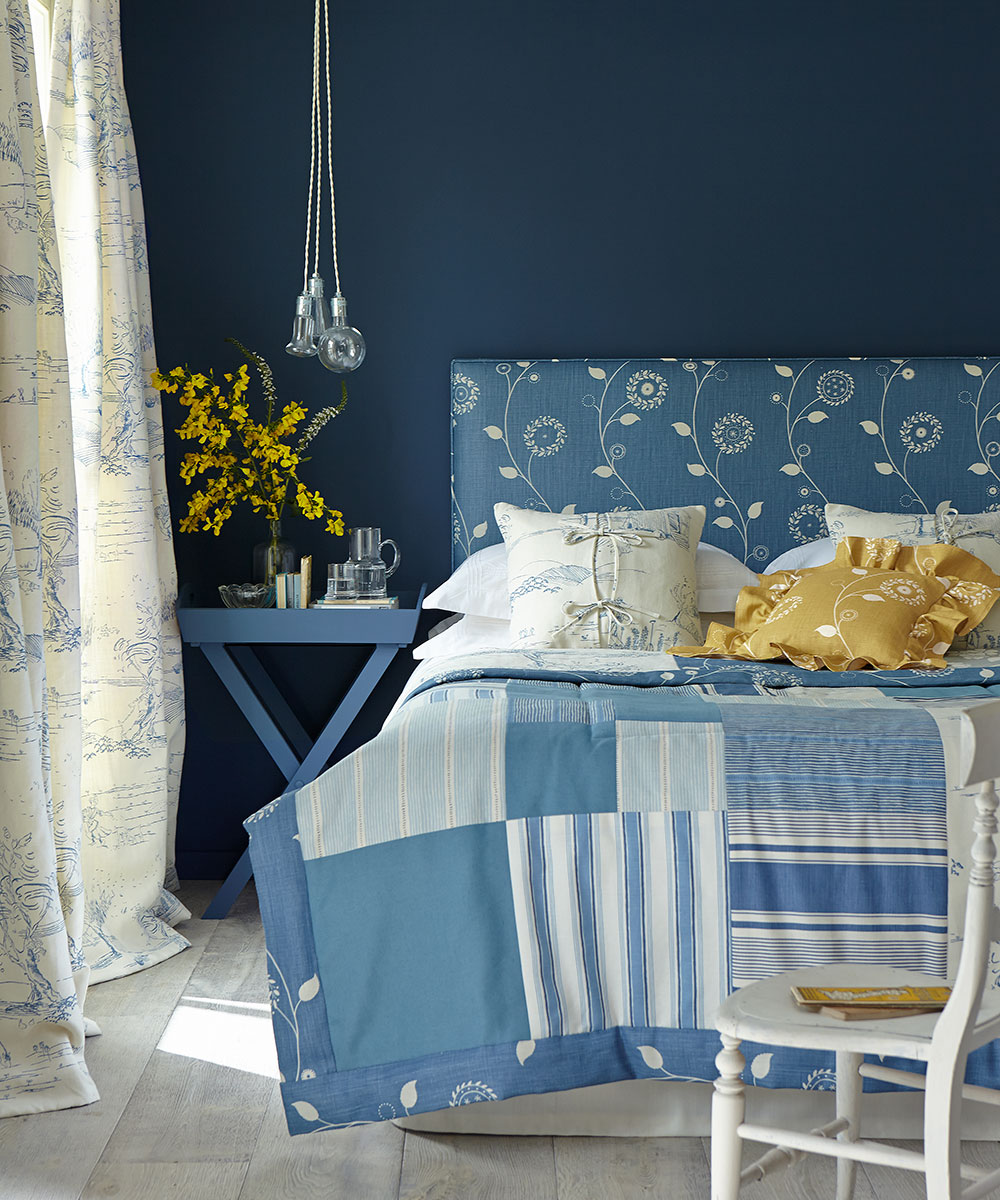
'It’s been proven that students exposed to blue before undertaking an exam achieved greater results, making it the perfect color choice for a bedroom or study,' says Vanessa.
She does warn that too much blue can make a room feel a little unwelcoming – 'be sure to balance with warm undertones, such as yellows and creams,' she suggests.
Sign up to the Homes & Gardens newsletter
Design expertise in your inbox – from inspiring decorating ideas and beautiful celebrity homes to practical gardening advice and shopping round-ups.
- See: Blue room ideas – the cool colors that bring rooms alive
Relax with restful green

Green is synonymous with nature, balance and wealth, which is why it's so often seen in bedrooms and other rooms we like to relax in, such as living rooms and bathrooms.
However, Vanessa warns not to go over the top. 'In large doses it has been shown to make us experience feelings of jealousy – the infamous green monster,' she explains. Mixing it in with blue or even soft pinks will avoid any eruptions of envy.
- See: Green room ideas – wonderful color ideas for verdant spaces
Take an optimistic approach with yellow
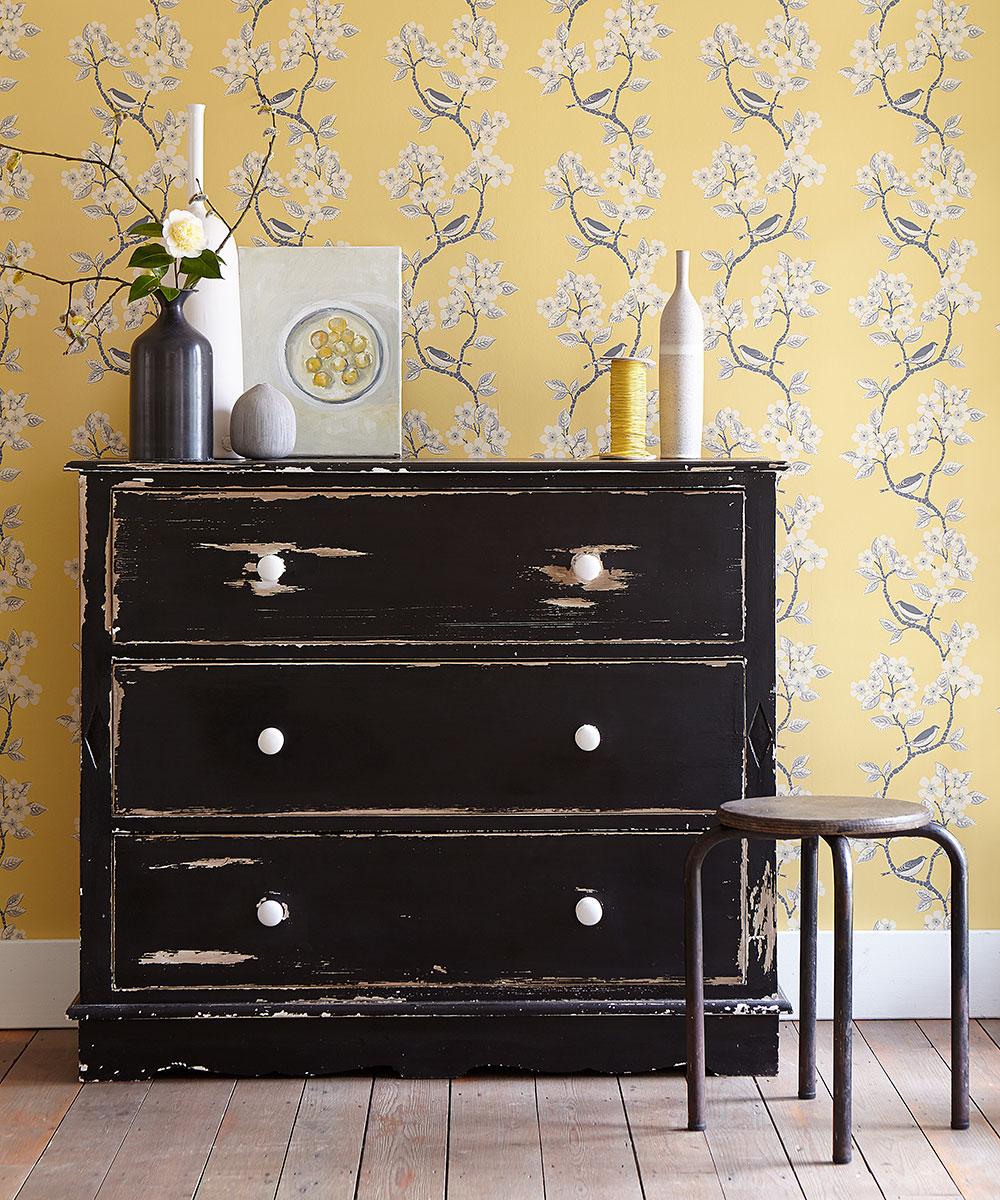
Sunny yellow is the happiest color, heightening optimism, confidence and energy. However, the phrase ‘too much of a good thing’ rings true, as an over-the-top yellow scheme has been proven to evoke feelings of distress.
'Babies actually seem to cry more in yellow rooms,' says Vanessa, 'so it's best avoided in bedrooms.' Keep it low-key in sociable kitchens and dining rooms for the perfect balance.
- See: Yellow room ideas – guaranteed to turn up the heat
Warm up to orange
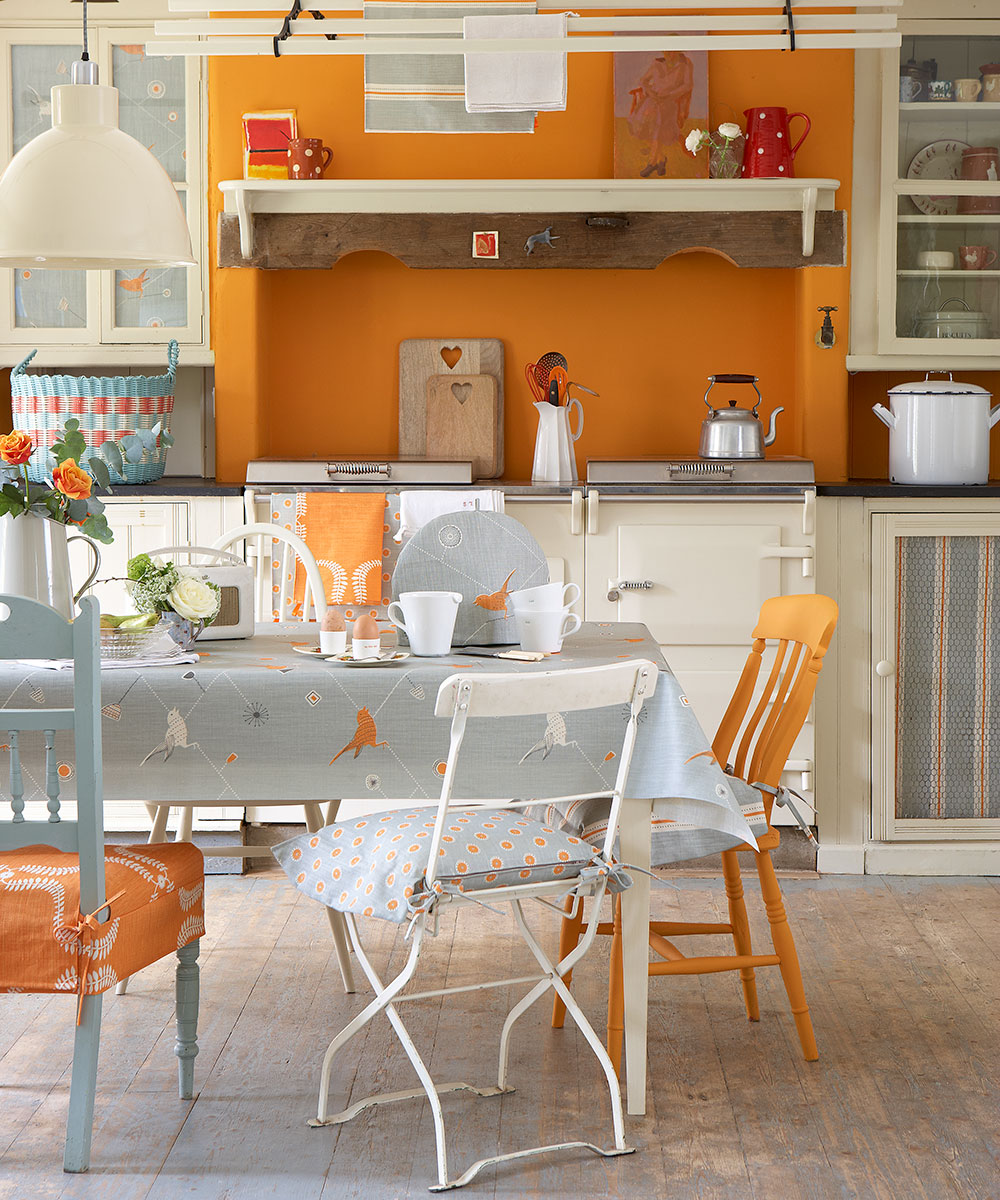
While not everyone’s first choice, orange is actually one of the most friendly of colors. 'It's a social shade often used in gyms and active wear brands due to its motivational, get-up-and-go qualities,' reveals Vanessa.
Give guests a warm and enthusiastic welcome by using it in kitchens and hallways.
Stir up excitement with red
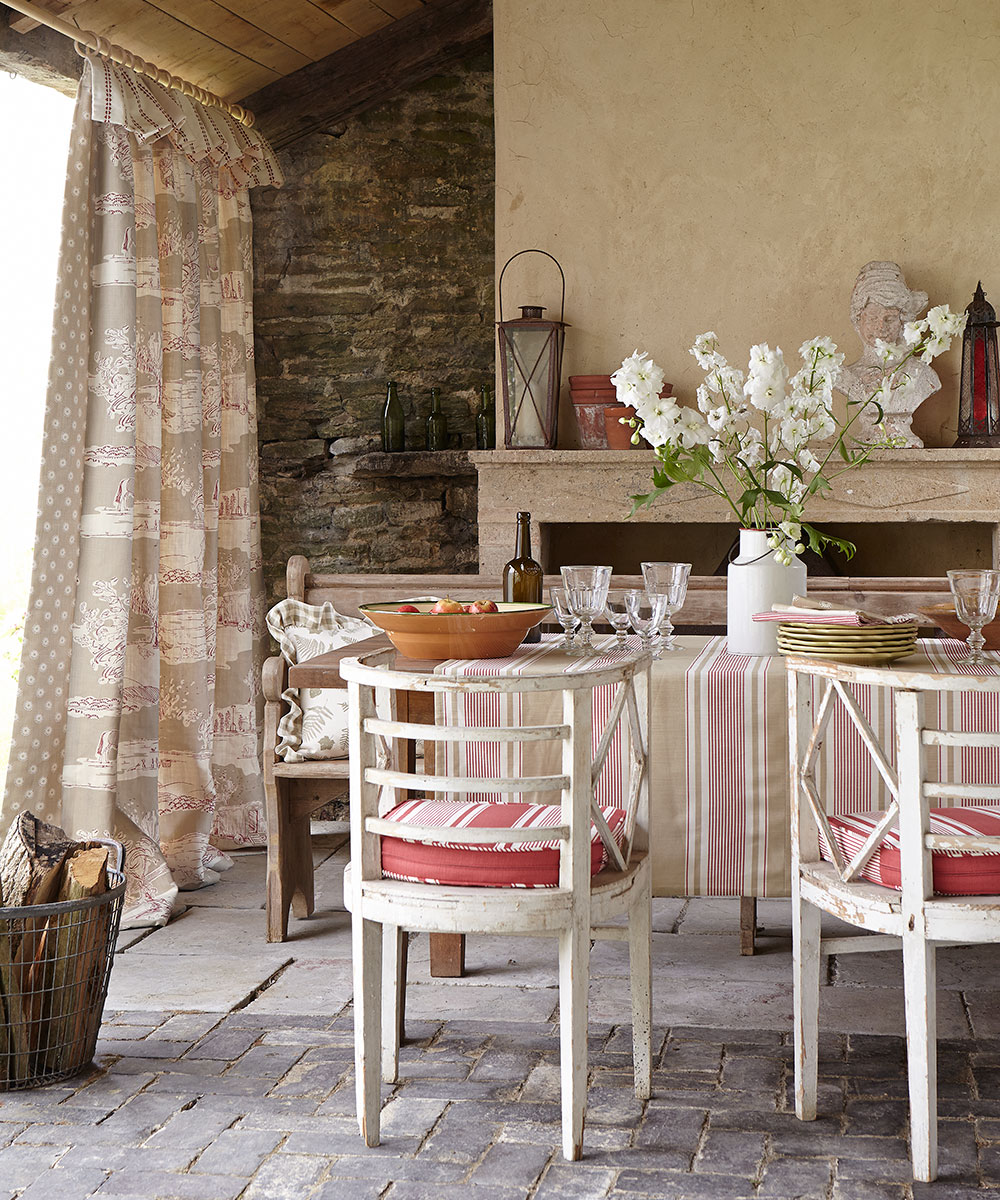
Representing passion, optimism and adventure, red raises a room’s energy level, stimulating conversation and drawing people together.
'It is used a lot in food and drink branding across the world as it is known to stimulate appetite,' Vanessa explains. 'That makes it great for social rooms such as dining rooms and kitchens.'
You might want to avoid it in the bedroom, though. It’s been shown to speed up the heart rate – not what you want just before falling asleep.
Spread calm with pink
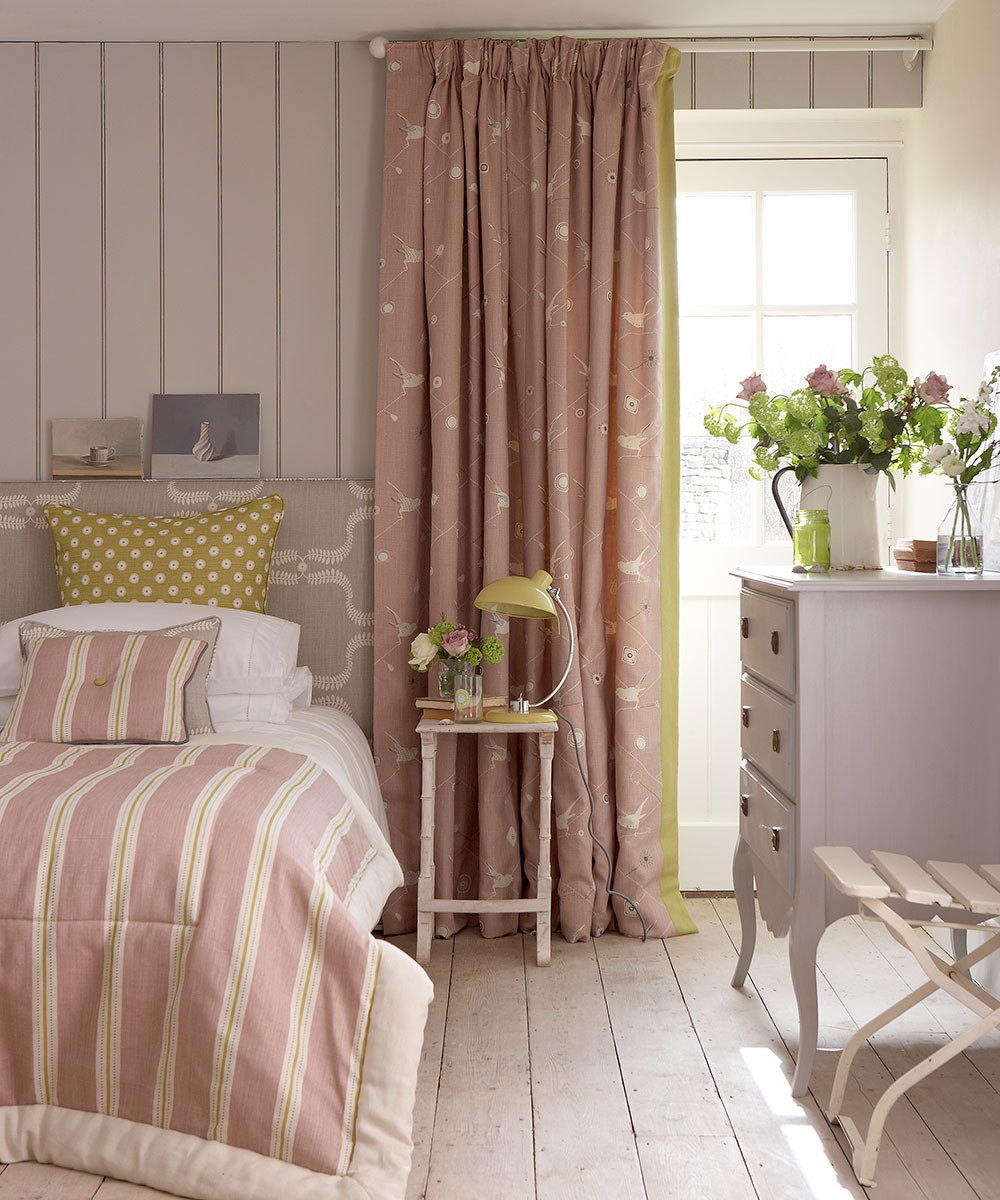
Ever heard of the pink effect? Exposures to large amounts of this pretty shade can have a calming effect on nerves, relieving feelings of anger and frustration. Choose pastel shades for children’s bedrooms or darker hues for a more sophisticated scheme.
'In society, pink can represent a sense of immaturity, a lack of will power and self-worth,' says Vanessa. 'Yet this can be easily balanced with an injection of black and grey, which work well with the lighter color.'
- See: Pink room ideas – for spaces that are fresh, warm and surprising
Lift spirits with lilac
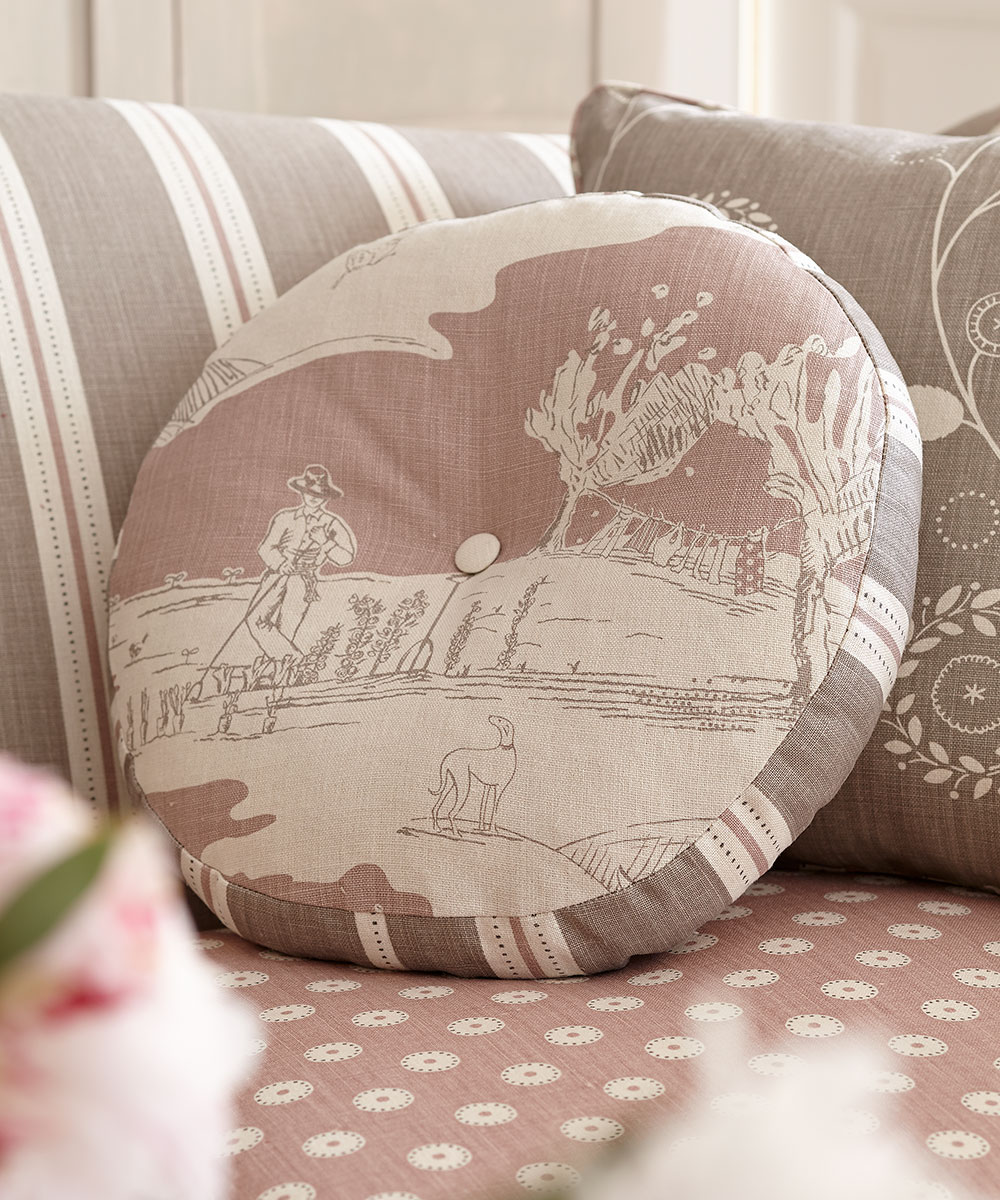
'Lilac is proven to be the most spiritual colour, often linked with the area between earth and heaven and used a lot by spiritualists and mediums,' reveals Vanessa, who suggests you use it in your bathroom or bedroom for a calming space.
Be sure, however, to bring in a few brighter tones, as too much lilac can leave you feeling a little down in the dumps.
See: Neutral room ideas – light, dark and timeless ways with colour
Assert yourself with black or grey
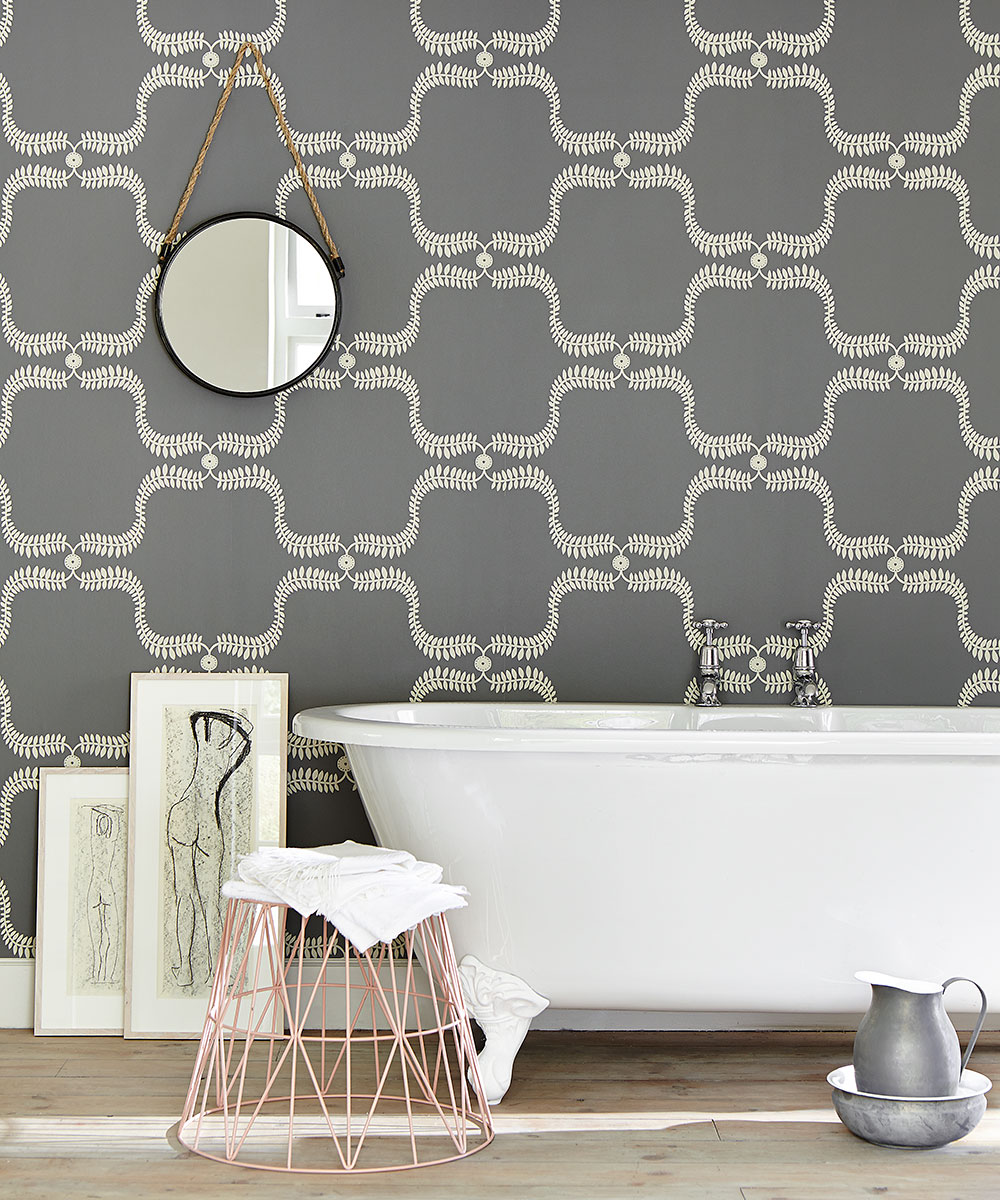
'Although it might not be the first colour that comes to mind, black implies self-control and discipline. It also symbolises independence and a strong will and gives an impression of authority and power,' says Vanessa.
'However, it is worth remembering that too much black can cause depression and a negative environment so be sure to use in moderation.'
This grey bathroom uses black in small doses as an accent color to avoid overwhelming the room, or you could go down the color wheel and choose a versatile grey, instead.
For more color inspiration, visit Vanessa Arbuthnott
For 10 years, Tara King worked as a Content Editor in the magazine industry, before leaving to become freelance, covering interior design, wellbeing, craft and homemaking. As well as writing for Ideal Home, Style at Home, Country Homes & Interiors, Tara’s keen eye for styling combined with a passion for creating a happy – and functional – family home has led to a series of organization and cleaning features for H&G.
-
 Miley Cyrus breaks a cardinal decorating rule with her 'floating table' – her unexpected layout transforms a dead space into a stylish breakfast area
Miley Cyrus breaks a cardinal decorating rule with her 'floating table' – her unexpected layout transforms a dead space into a stylish breakfast areaThe singer tosses aside the maxim that furniture shouldn't be floating in the middle of the room with an innovative kitchen layout
By Sophie Edwards Published
-
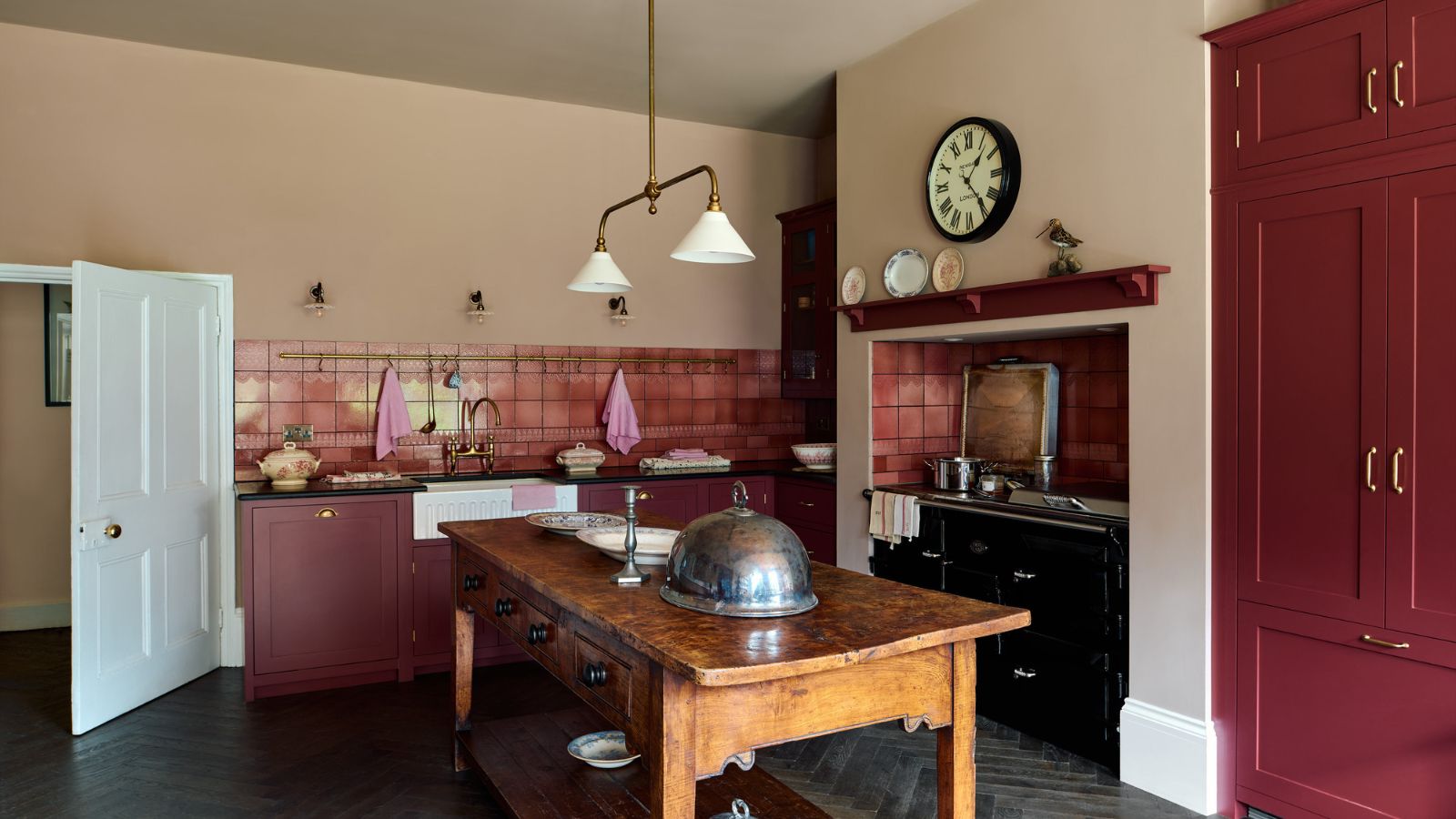 It’s a concept straight out of a fashionista's playbook, but I used the Sandwich Method to organize my kitchen shelves – it’s never looked sleeker
It’s a concept straight out of a fashionista's playbook, but I used the Sandwich Method to organize my kitchen shelves – it’s never looked sleekerIt transformed messy to mesmerizing in a matter of seconds
By Punteha van Terheyden Published